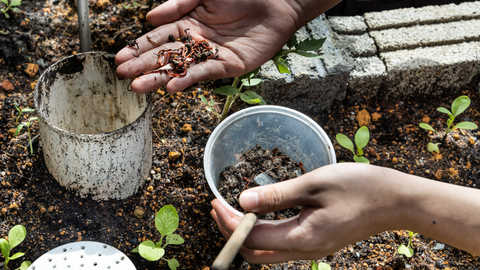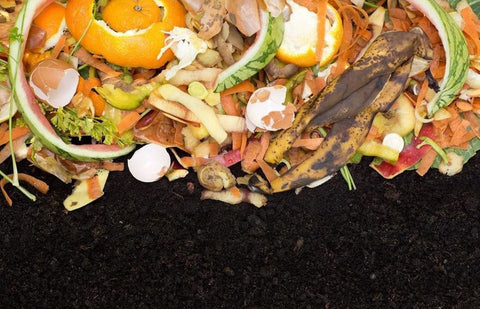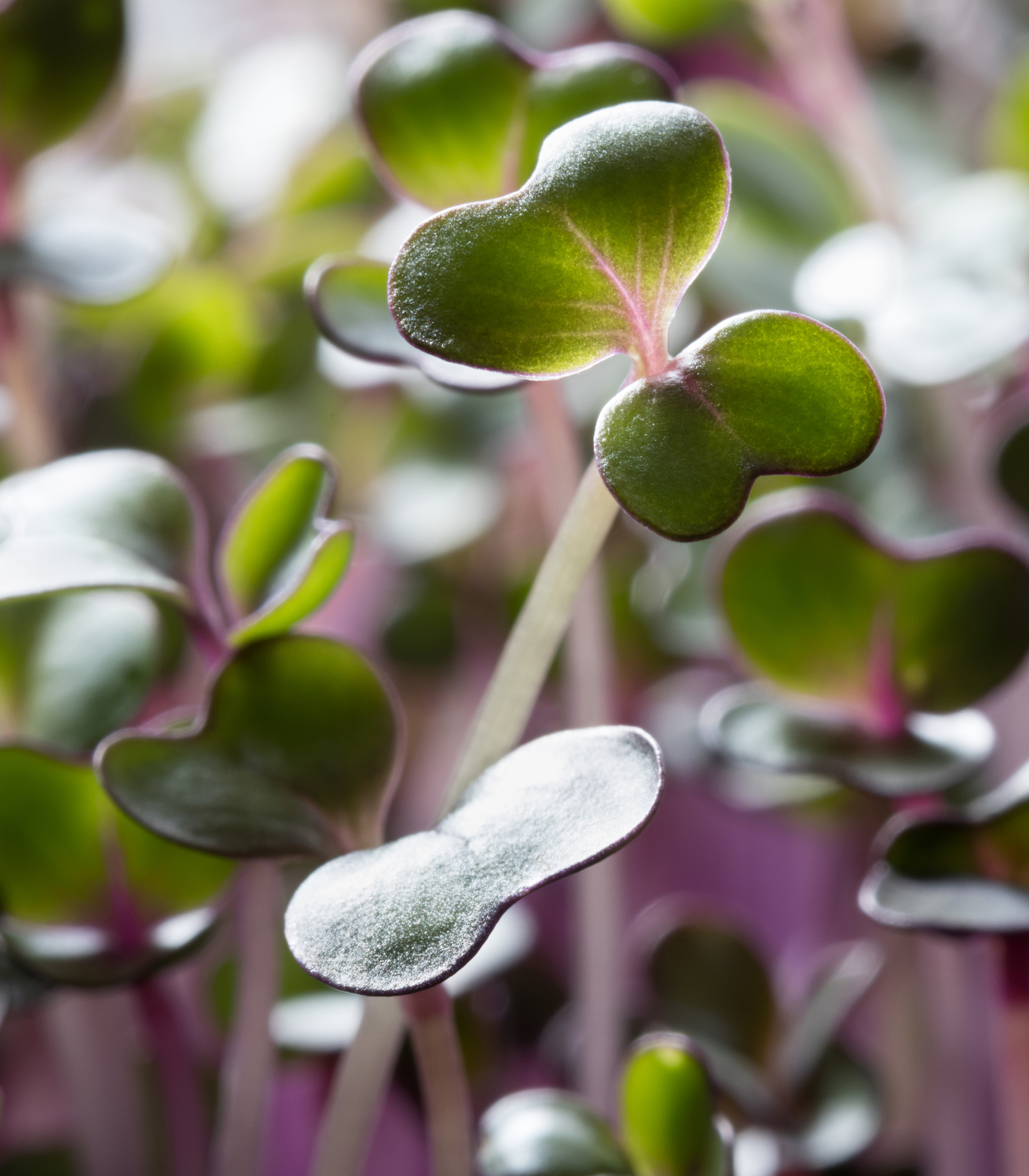Introduction: Unlocking the Secrets of Urban Composting
Have you ever wondered how your kitchen scraps and yard waste could contribute not just to your garden's health, but also to a healthier planet? Urban composting is a cornerstone of sustainable gardening, allowing you to minimize waste and enrich your plants in a natural cycle that benefits both the earth and your urban oasis.
But what's the best way to start, and how long does composting take? Let’s dig into the world of compost to discover why composting is essential, how composting works, and why vermicomposting might just be the golden ticket for urban gardeners.
What is Composting and Why is it Important?
Composting is nature's process of recycling decomposed organic materials into a rich soil known as compost. Anything that was once living will decompose. However, composting is a way to speed up the process by providing an ideal environment for bacteria, fungi, and other decomposing organisms to do their work. The end result is a humus-like substance that is an excellent, nutrient-rich soil conditioner.
Why is composting important, you ask? It's simple: by composting, we reduce the amount of garbage sent to landfills, cut down on greenhouse gas emissions, and conserve natural resources. Plus, composting returns essential nutrients back to the soil, promoting plant growth and restoring vigor to depleted soil.
The Magic of Vermicomposting: Let Worms Eat Your Garbage
Vermicomposting, or worm composting, utilizes red wrigglers to break down organic waste, turning it into high-quality compost called vermicast, or worm poop. Unlike traditional composting, vermicomposting is odorless and can be done indoors, making it perfect for apartment dwellers or those with limited space.
If you're not into making vermicompost yourself, you could always check out one of our pre-made bags that's ready to go!
Traditional Composting vs Vermicomposting: Which is Right for You?
While both methods are excellent for the environment, they operate differently.
- Traditional composting is a microbial process that requires balancing 'greens' like vegetable scraps with 'browns' like dry leaves or cardboard. This method can take anywhere from a few months to a couple of years to produce compost.
- Vermicomposting is faster, thanks to the hardworking worms, and can be done on a smaller scale - making it a better candidate for indoors.
How Long Does Composting Take?
The time frame for composting can vary widely depending on the method used, the balance of materials, and environmental factors like temperature and humidity. Traditional backyard composting typically takes between 3 months to 2 years. With a controlled setup and the right balance of composting worms, as you'd find with Urban Leaf's composting solutions, the process can be much quicker, often yielding results in just a few months.
Does Composting Attract Pests?
One common concern is whether composting will attract unwanted visitors like rats. The key to avoiding pests is to maintain your compost properly. Avoid adding meat, dairy, and oily foods to your compost; these items are more likely to attract pests. Also, a well-sealed compost bin can help.
Where to Buy Composting Worms
If you choose to try vermicomposting, you might wonder where to find the right kind of worms. The worms you need for vermicomposting are known as red wriggler worms, and you can order them online or find them at your local gardening center.
How Composting Works: The Science Behind the Soil
Composting is a biological process that occurs when microorganisms break down organic materials in the presence of oxygen. This process generates heat, which, in turn, speeds up the decomposition process. Carbon-rich materials provide energy for the microorganisms, while nitrogen-rich materials provide the proteins needed for growth and reproduction.
How Compost Bins Work: The Urban Composting Hero
Compost bins are designed to optimize the conditions for composting. The right bin can help manage moisture, temperature, and airflow, all of which are crucial to successful composting. Urban Leaf's composting products offer an excellent balance of these elements, allowing for efficient decomposition without the hassle of turning a compost pile.
Conclusion: Composting for a Greener Tomorrow
Composting is more than just a way to reduce waste; it's a step towards a more sustainable lifestyle. By understanding how composting works, the benefits of vermicomposting, and implementing proper techniques, urban gardeners can greatly contribute to environmental conservation while nurturing their plants.
Whether you choose traditional composting or vermicomposting, your garden will thank you!
Remember, every peel, every coffee ground, and every leaf you compost is a small act of defiance against waste and a commitment to the growth of your garden and the health of our planet.
If you found this useful, consider signing up for our newsletter below.







